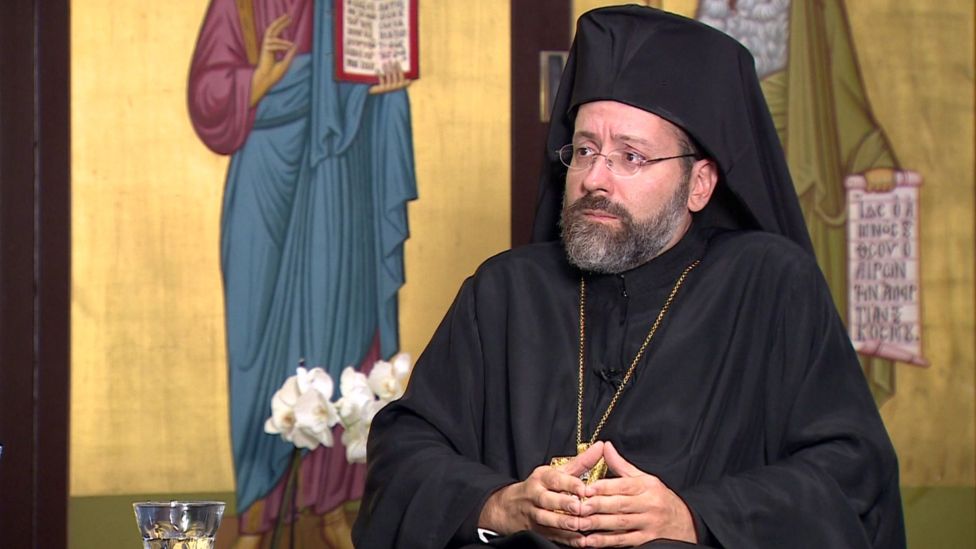The recent decision of the Synod of the Ecumenical Patriarchate abolishes the jurisdiction of the Russian Church over the Ukrainian bishops. So now all Orthodox bishops of Ukraine are considered to be ministers of the Ecumenical Throne, no matter to which of the three Churches they belong, and should wait for the directives of Constantinople for their further actions, the Ecumenical Patriarchate of Constantinople retains.
Archbishop Job of Telmessos, Doctor of Theology and representative of the Ecumenical Patriarchate at the World Council of Churches, who has been long and deeply involved in Ukrainian matters, told this in a BBC interview.
Archbishop Job emphasizes: since October 11 this year, not only bishops who belonged to the Ukrainian Orthodox Church-Kyiv Patriarchate and Ukrainian Autocephalous Orthodox Church are the clergymen of the Ecumenical Patriarchate, but also representatives of the UOC (Moscow Patriarchate) in Ukraine.
“Through the abolition of the Synodal Act of 1686 on the transfer of the Kyiv Metropolia - that is, in fact, the territory of Ukraine - under the jurisdiction of the Russian Church, the administration of the Moscow Church over the Kyiv Metropolis and all dioceses in Ukraine was abolished,” said the representative of the Ecumenical Patriarchate.
“From a canonical point of view, this means that today in Ukraine, the UOC (Moscow Patriarchate) no longer exists. All the bishops in Ukraine nowadays are de facto, according to this decision of the Synod, hierarchs of the Ecumenical Throne, and now they have to wait for the Ecumenical Patriarchate's directive on their further actions and existence in the prospective provision of autocephaly to the Orthodox Church in Ukraine,” says Archbishop Job.
In practice, this means that all the hierarchs of the Ukrainian Churches, no matter whether they previously belonged to the canonical church or non-canonicals churches, now they have an equal status in the eyes of Constantinople – that of the hierarchs of the Ecumenical Throne.
And, accordingly, they have equal rights to participate in the Council which will be convened by the Ecumenical Patriarch through the agency of his exarchs in Ukraine.
According to him, the Ecumenical Patriarch will call this council when he believes that “time has come”.
Archbishop Job takes skeptically the statements saying that only those bishops of the UOC of the Moscow Patriarchate will attend the unification council who had filed a request to Constantinople for the provision of autocephaly to the Ukrainian Church. While the priests and laymen who want to remain in unity with the Russian Church, will be given this opportunity.
“If it is the case, as someone claims that those opposing Ukrainian autocephaly will have a chance to remain as a Russian exarchate, it should be understood this is non-canonical, as, according to the Church canons, there should be only one Orthodox Church on the territory of one state, and this autocephalous Orthodox Church must embrace all,” he says.
When asked what will happen to the Orthodox hierarchs - first and foremost, of the Moscow Patriarchate - who will not participate in the unifying council and remain outside the new Church, the archbishop replied, “All this is a process. There is a Greek saying: time is the best healer. It must be understood that the goal is to cure the split that has persisted in Ukraine for the last thirty years ... We are now undergoing the treatment process. The goal is the unification of Ukrainian Orthodoxy. I think only God knows how long it may take.”

